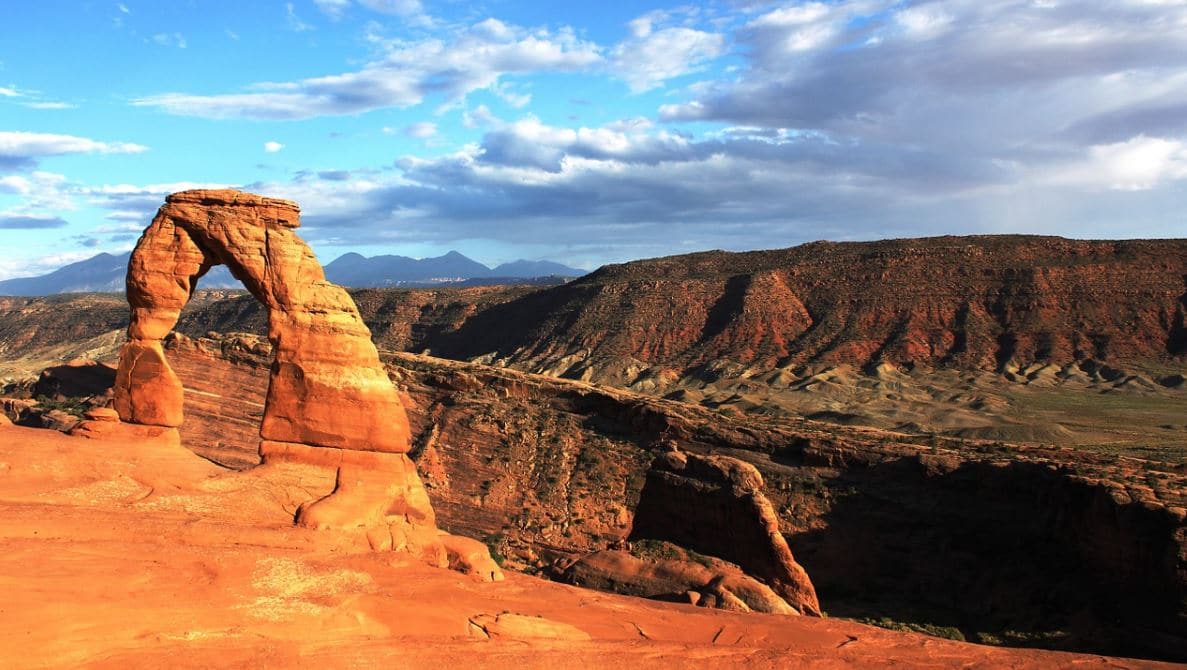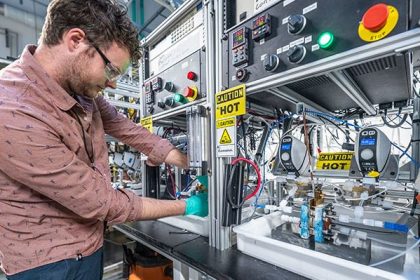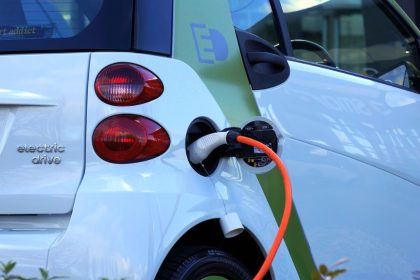House Democrats Oppose Trump Plan to Expand Uranium Mining

WASHINGTON – House Democrats are trying to block a Trump administration effort to expand uranium mining in the United States.
The House Subcommittee on Energy and Mineral Resources is considering a new bill that would severely restrict uranium mining.
Democrats proposed the bill, called the Uranium Classification Act, in response to the Trump Administration’s “Critical Minerals Strategy” announced June 4. The strategy would classify uranium as a “critical mineral,” thereby relaxing mining restrictions to ensure continued production of it for nuclear energy, medical and military purposes.
“The United States is heavily dependent on foreign sources of critical minerals and on foreign supply chains resulting in the potential for strategic vulnerabilities to both our economy and military,” the Commerce Department said in a recent report.
Other parts of the Trump strategy would speed up regulatory permits for uranium mining operations. In addition, Interior Department agencies were ordered to review mining bans on federal lands to see whether they could be revised for critical minerals like uranium.
The Uranium Classification Act, introduced by Arizona Democratic Representative Raul Grijalva, would remove uranium from the critical mineral list, thereby making it harder to obtain permits to mine it.
Witnesses from among environmentalists at a congressional hearing last week warned about health and safety dangers from uranium.
“Uranium pollution remains a threat for many generations into the future,” said Amber Reimondo, energy program director for the nonprofit advocacy group Grand Canyon Trust. “Americans are still grappling with the devastation of uranium operations from the last time the government propped up the uranium industry.”
One mine on the south rim of the Grand Canyon cost taxpayers more than $15 million to clean away radioactive material, she said.
“Whatever decisions we make today, have the potential to threaten lives,” Reimondo said. “Not just this generation but our children and grandchildren.”
Uranium is found primarily in western states, such as Utah, Arizona and Nevada. It is a dense rock sometimes associated with radioactivity and increased cancer risks. Its primary uses include being a fuel for nuclear energy generators and the explosive material in nuclear weapons.
About 15,000 abandoned uranium mines can be found in the western United States, according to the U.S. Geological Survey. About 75 percent of them were dug on federal and tribal lands.
Republicans on the Energy and Mineral Resources subcommittee dismissed some concerns of environmentalists as extremist.
They disagreed with the proposed legislation that would make it hard to obtain regulatory permits for mining uranium.
Representative Paul Gosar, an Arizona Republican, said, “This bill ignores science, as well as the economic and national security of the United States.”
Most of the uranium used in the United States comes from Australia and Canada. Smaller amounts come from Kazakhstan and China.
Steven M. Fortier, director of the U.S. Geological Survey’s National Minerals Information Center, said, “For the past several years, less than 10 percent of domestic consumption of uranium has been as a result of domestic mining.”
Foreign mining companies can produce the mineral inexpensively, largely because they lack the strict environmental standards of the United States, Fortier said.
U.S. uranium mining companies “are at a clear disadvantage,” Fortier said.
He cautioned that U.S. supplies from allied countries could be cut off by stiff competition from other foreign mining companies.
“Those supplies are at risk just as they are in the U.S.,” Fortier said.
The Trump Administration is considering a petition by mining companies Ur-Energy and Energy Fuels that asks the federal government to require that at least a quarter of U.S. uranium come from domestic suppliers.
President Donald Trump is expected to announce a decision on the petition this month.
Trump’s new strategy on critical minerals followed an idea discussed publicly among Chinese officials to use rare earth minerals as bargaining chips in a trade war with the United States.


























